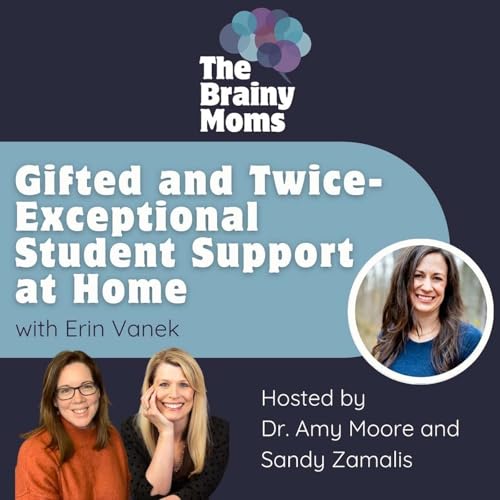Ever wonder how being alone in the wilderness impacts your faith, your views on fatherhood, and how you define fear? On this episode of The Brainy Moms Podcast, Dr. Amy and Sandy upack all of that with Timber Cleghorn--humanitarian aid worker, survivalist, and cast member on Season 9 of Alone. Timber shares lessons from a life that spans an off-grid childhood, years in conflict zones, and 83 days alone in the Arctic Circle on the show. The result is a disarmingly honest look at fear, faith, and the daily choices that turn hardship into wisdom.
Timber shares how producers of Alone protect the true experiment—extreme isolation—forcing contestants to face themselves without distraction. In that silence, he used scripture to speaking both fear and gratitude out loud to steady his spirit. From missing a moose with millions watching to withstanding online backlash for expressing his faith, he explains how to loosen your shoulders, learn what you can, and take the next right step. Success may be fleeting, but satisfaction can be solid when your identity isn’t riding on outcomes.
We also go deep on parenting. Timber and his wife are raising three kids while dialing back overseas work, breaking cycles of fear-based decisions, and centering kindness as the family’s North Star. He tells a revealing story about choosing connection over performance. We talk about giving children silence, autonomy, and wonder; modeling a beautiful life with God rather than forcing belief; and how conviction beats confidence when facing real-world challenges, including their toddler’s developmental needs.
If you’re curious about resilience, gratitude, and practical ways to bring wildness home—without making your kids replicas of you—this conversation delivers. Expect thoughtful insights on echo chambers, empathy, failure, and why choosing kindness at any scale matters.
This episode is different from any we've done in all six seasons so far. In a conversation among parents, we laugh, we cry, we share our faith, and we laugh some more. It's an hour and fifteen minutes of pure joy. Subscribe, share with a friend who needs courage today, and leave a review telling us where you’re practicing conviction over confidence right now.
ABOUT US:
The Brainy Moms is a parenting podcast hosted by cognitive psychologist Dr. Amy Moore and Sandy Zamalis. Dr. Amy and Sandy have conversations with experts in parenting, child development, education, homeschooling, psychology, mental health, and neuroscience. Listeners leave with tips and advice for helping parents and kids thrive. If you love us, add us to your playlist and follow us on social media!
CONNECT WITH US:
Website: www.TheBrainyMoms.com
Email: BrainyMoms@gmail.com
Social Media: @TheBrainyMoms
Subscribe to our free monthly newsletter
Visit our sponsor's website: www.LearningRx.com
 Feb 24 202646 mins
Feb 24 202646 mins 48 mins
48 mins 1 hr and 17 mins
1 hr and 17 mins Feb 3 202655 mins
Feb 3 202655 mins 56 mins
56 mins Jan 19 202647 mins
Jan 19 202647 mins 1 hr and 9 mins
1 hr and 9 mins 19 mins
19 mins
